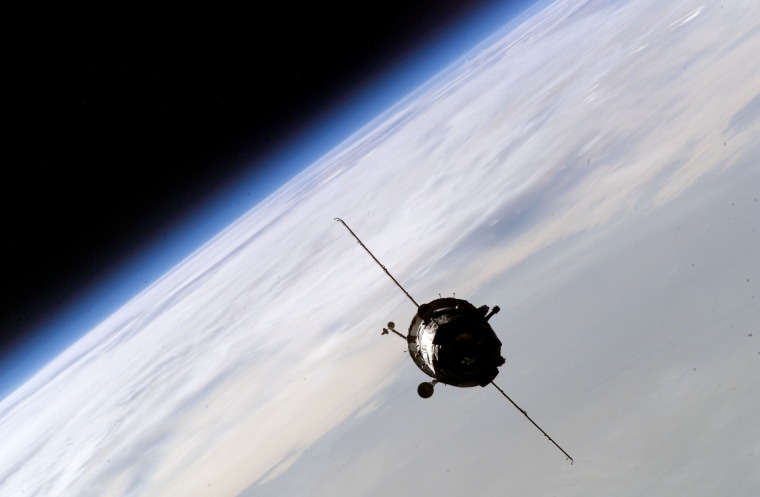The U.S. Senate on Wednesday approved a bill that would clear the way for NASA to buy the Russian Soyuz vehicles it needs to continue to occupy the international space station beyond this year.
The bill was introduced Sept. 15 by Senate Foreign Relations Committee Chairman Richard Lugar, R-Ind., to provide temporary relief from provisions in the Iran Nonproliferation Act of 2000 that bar U.S. purchases of Russian human spaceflight hardware as long as Russia continues to help Iran in its pursuit of nuclear know-how and advanced weapons technology.
Lugar’s bill, S. 1713, changes the law to permit NASA to buy any Russian space hardware or services it needs for the international space station program until 2012.
The bill was approved Wednesday morning by unanimous consent, a Senate procedure that allows noncontroversial legislation to bypass a floor vote.
The U.S. House of Representatives also is considering amending the Iran Nonproliferation Act to permit NASA to buy Soyuz vehicles, but it has yet to take any legislative action.
The House could either pick up and pass the Senate’s bill or introduce a bill of its own that would have to be reconciled with the Senate version before becoming law.
Without relief from the Iran act, NASA could soon find itself unable to send its astronauts to the space station for extended stays. A Soyuz capsule set to carry a new two-person crew — and one space passenger — to the station Sept. 30 is the last one Russia is obligated to provide at no charge to the United States under a bilateral agreement.
NASA and the U.S. State Department formally asked Congress in June to amend the Iran act to permit the United States to make use of Russian space technology in its space exploration plans.
